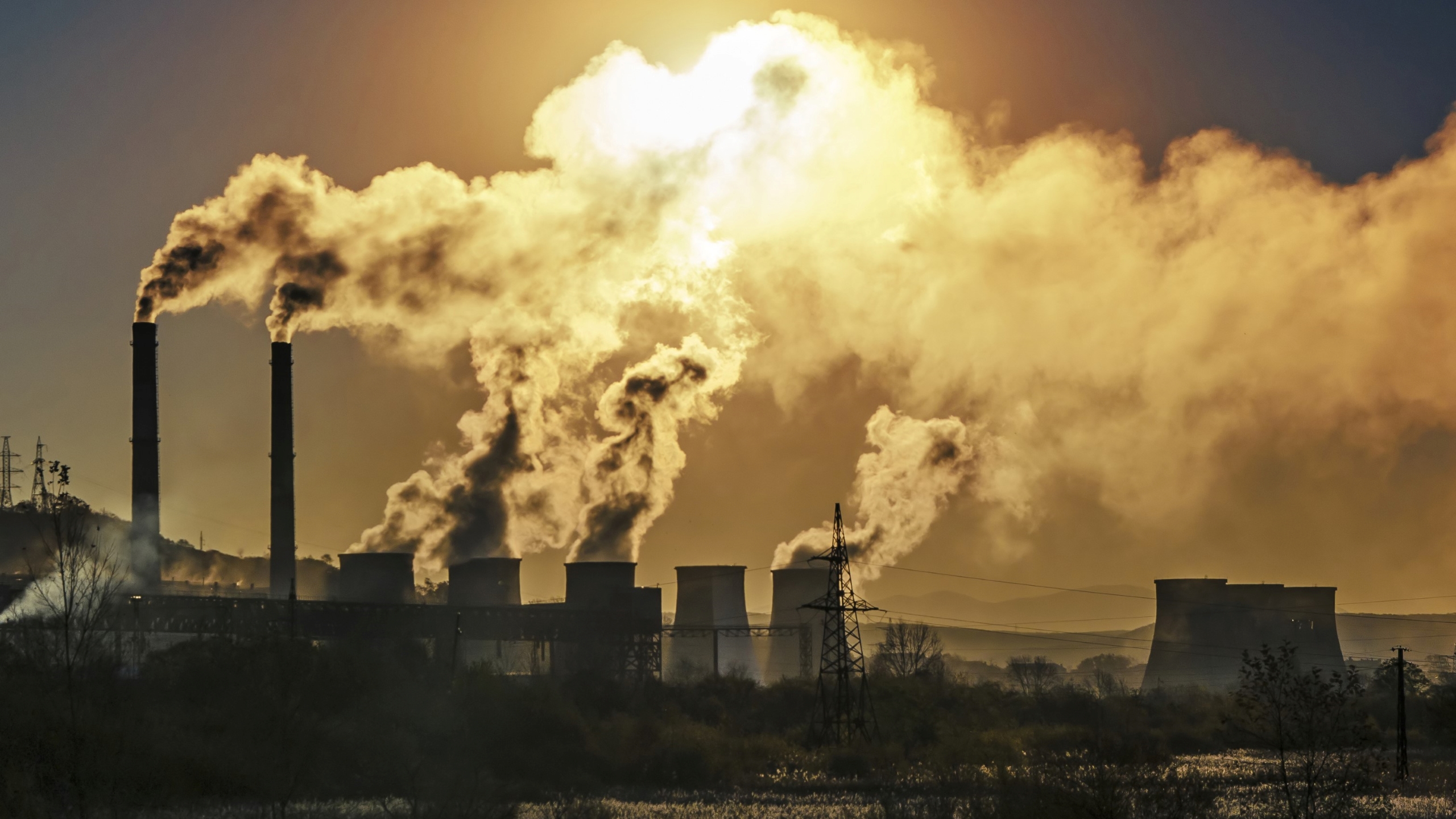
According to research, the greenhouse gas emissions from the United States have caused damage worth approx $2 trillion to other nations across the world.
The greenhouse gases emitted by the US have caused harm to mostly poor countries through heatwaves, crop failures, and other consequences. The US is responsible for $1.91tn in lost global income since 1990, the study found.
Since 1990, five countries have caused a total of $6tn in losses worldwide
In terms of global damage, the study places the United States ahead of China, Russia, India, and Brazil, which were considered to be some of the largest emitters.
Since 1990, these five countries have caused a total of $6tn in losses worldwide by fueling climate breakdown.
“There is this huge inequity”
“It’s not really surprising that the US and China are at the top of that list but the numbers are really very stark. For the first time, we can show that a country’s emissions can be traced to specific harm,” said Chris Callahan, the lead author of the study and a researcher at Dartmouth College.
The Dartmouth researchers combined a number of different models, showing factors such as emissions, local climate conditions, and economic changes, to ascertain the precise impact of an individual country’s contribution to the climate crisis. They looked for these links over a period spanning 1990 to 2014, with the research published in the journal Climatic Change.
“In places that are already hot, you are setting it becoming harder to work outside mortality from the heat is on the rise, it’s harder to grow crops,” said Justin Mankin, who is a geographer at Dartmouth and co-author of the study.
‘If you layer that on top of which countries have emitted the most you get an almost perfect storm.”
“There is this huge inequity. Countries like the US have disproportionately damaged low-income countries in the global south and disproportionately benefited cooler, higher-income countries in the global north.”
“The chief impediment to claims by one country against another for climate damages isn’t their scientific basis, it’s their legal basis,” said Michael Gerrard, director of the Sabin Center for Climate Change Law at Columbia Law School.
“Countries enjoy sovereign immunity against most kinds of lawsuits unless they have waived it.”
Carroll Muffet, the chief executive of the Center for International Environmental Law, said that “the costs of climate damages are mounting and ultimately someone will have to pay that cost. The question is who will that be and how it will be done.”






